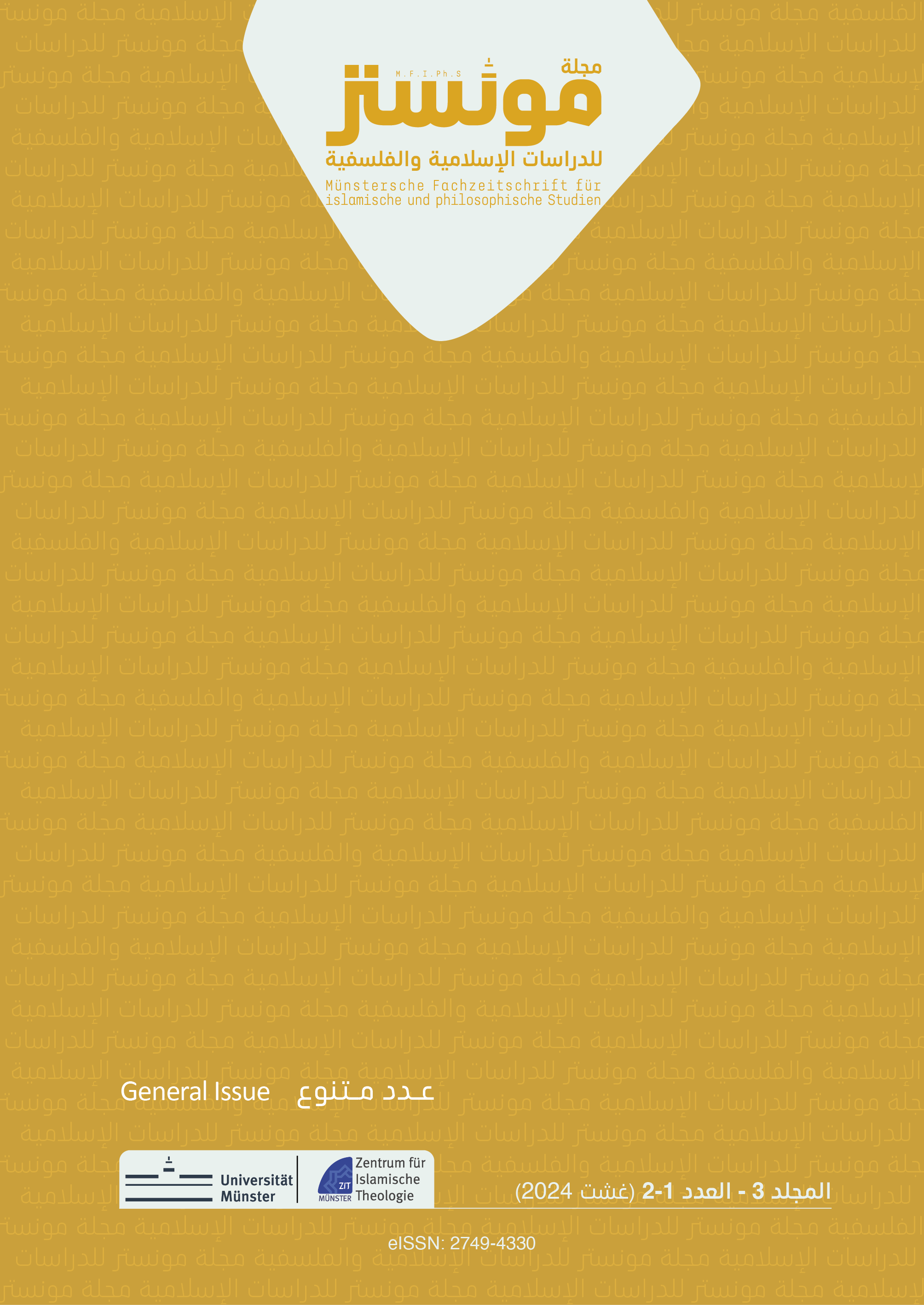Examining Ṣirfa as an Aspect of Qurʾanic Inimitability
A Study on Conceptual Shifts among Muʿtazilites from the 3rd/9th to 5th/11th Centuries
Keywords:
Ṣirfa, Kalam, Muʿtazilites, Inimitability of Qurʾan, Qurʾanic creatednessAbstract
The concept of "Ṣirfa" has been controversial since its inception due to its implications for the inimitability of the Qurʾan. It appears to challenge the Muslim belief that that it is impossible to produce a text like the Qurʾan, as Ṣirfa theoretically recognizes that humans can emulate the Qurʾan, but God prevents them from being able to do it. However, as the literature on Qurʾanic inimitability became more established, scholars agreed that the Qurʾanic text is miraculous in its rhetoric. This led the later Muʿtazilites to revise the concept of Ṣirfa, endowing it with meanings and connotations that align it with the linguistic inimitability of the Qurʾan. The concept has attracted two main tendencies: a theological-religious tendency, which posits that the inimitability of the Qurʾan comes from an external source, and a linguistic-rhetorical tendency, which seeks to establish the inimitability within the text itself.




